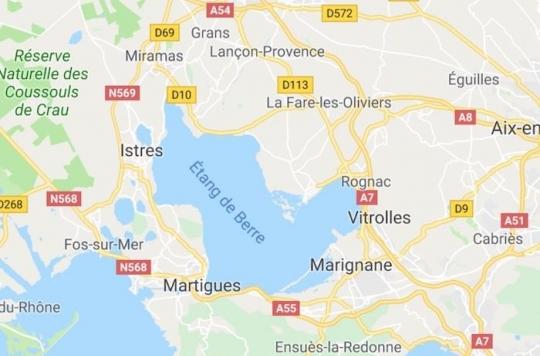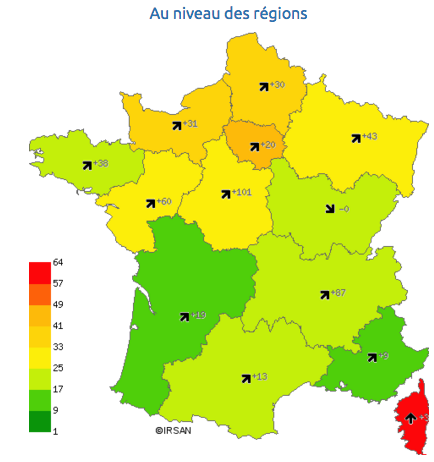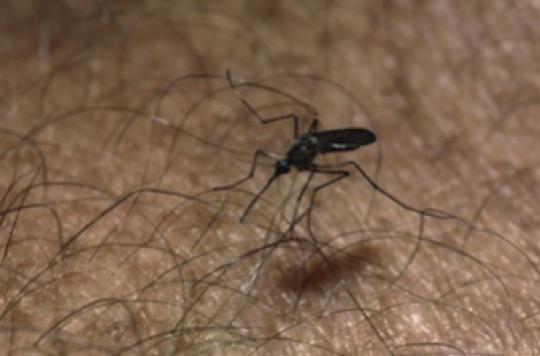ARS PACA has confirmed the appearance of a new indigenous case of dengue in Bouches-du-Rhône. This almost three weeks after a first case was detected in Aubagne.

The tiger mosquito continues to claim victims in metropolitan France. The Regional Health Agency (ARS) Paca has indeed confirmed the occurrence of a new indigenous case of dengue in the Bouches-du-Rhône department. This is a new case similar to a first which had been confirmed on September 19, 2014 in Aubagne in the same department.
The first patient is cured
As a reminder, we speak of an indigenous case when a person has contracted the disease on the national territory and has not traveled to an area where the virus is circulating in the previous 15 days. This is the case of this second patient from Oral-Rhone whose contamination is prior to the mosquito control carried out in the district on September 20.
Thus, an entomological survey (concerning mosquito populations) will be conducted around the area of residence of the contaminated person as well as in the places he frequented during his period of viremia. It will eventually be followed by mosquito control actions.
Regarding the first patient, he is cured, announced the ARS Paca.
Bouches-du-Rhône is upgraded to level 3 of the national plan
Following this second indigenous case, the Bouches-du-Rhône department is officially placed in level 3 of the national anti-dissemination plan for chikungunya and dengue. This indicates the presence of a “focus of human cases characterized by at least two cases grouped in time and space. “
The ARS therefore recalls that: “The authorities cannot fight alone against diseases transmitted by mosquitoes. The population remains the main actor in the fight to limit the proliferation of mosquitoes. Each, by modifying his behavior, has a significant impact on the transmission of the disease. Protecting yourself is also protecting your loved ones, ”she insists.
As a tip, she stresses, for example, the need to eliminate all the stagnant water that allows the tiger mosquito to reproduce and proliferate. This is the case of the cups of plants, and of the water of the vases which for the latter can also be replaced by wet sand. The water in the lanterns must be changed at least every week, concludes the ARS Paca.
As a reminder, from 1er May to September 26, 2014, 1,139 suspected cases of dengue or chikungunya were reported in mainland France. Among them 137 imported cases of dengue (from the Antilles and the Caribbean) were confirmed. But also 376 imported cases of chikungunya and 5 co-infected imported cases. Finally, 4 indigenous cases of dengue have been confirmed (2 in the Var, and 2 in the Bouches-de-Rhône).
.
















